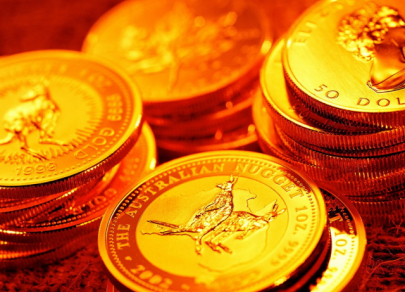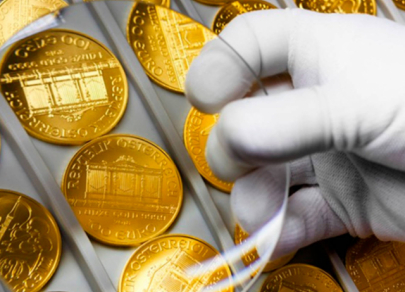
Five executives to rule Tesla better than Elon Musk
Tesla is going through tough times: dissatisfaction with Elon Musk due to his active involvement in politics has sparked a wave of boycotts and protests. At the same time, competition with Chinese electric car manufacturers is intensifying, threatening the company's leadership in the market. Although Musk's departure from the position of Tesla CEO seems unlikely, Forbes analysts are mulling over who could manage the company more effectively under these circumstances.





























